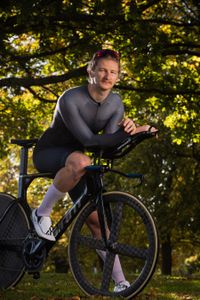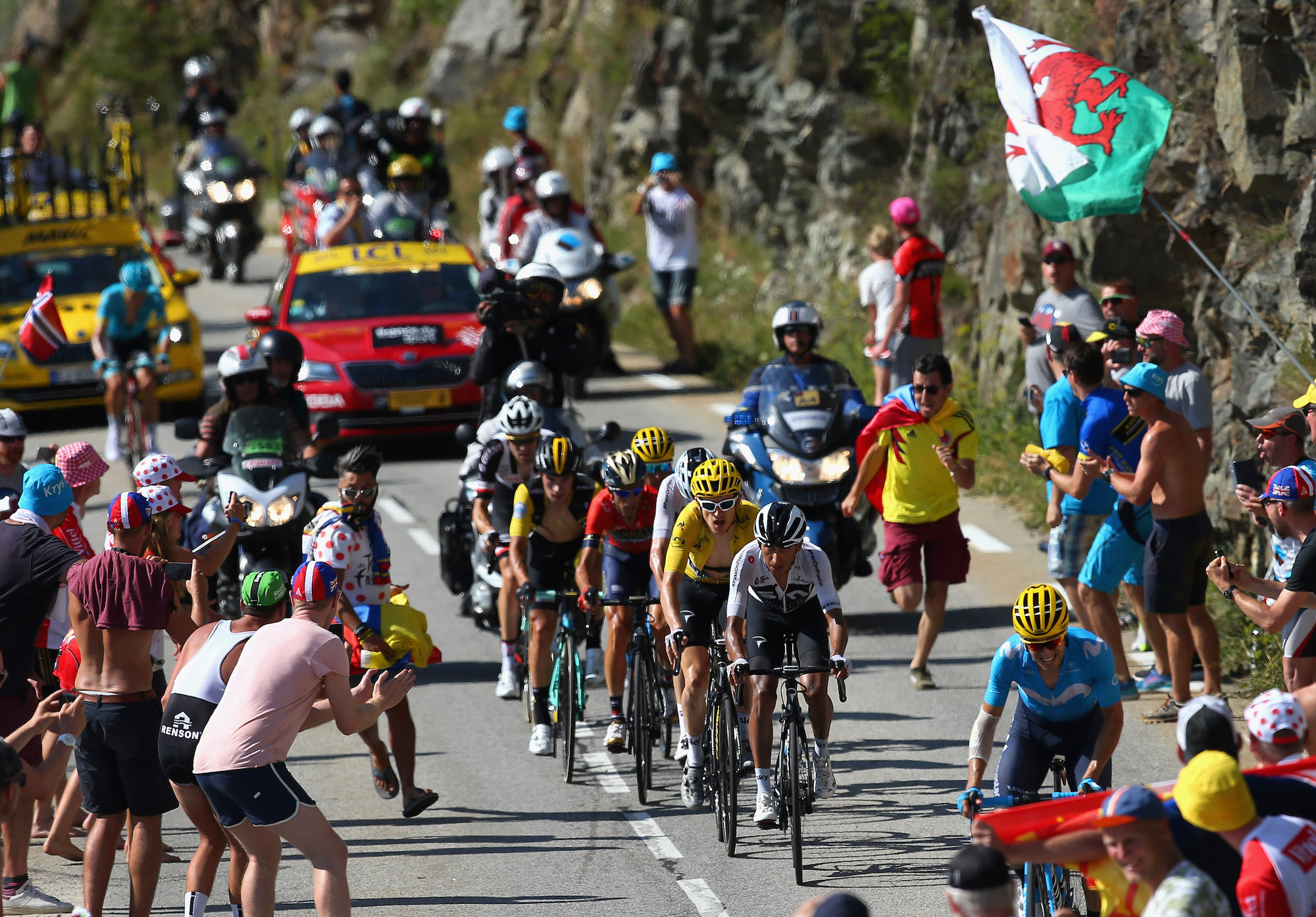Experts study Tour de France to pinpoint limit of human endurance
A new study has put a number on the maximum level of exertion the body can sustain long term


The latest race content, interviews, features, reviews and expert buying guides, direct to your inbox!
You are now subscribed
Your newsletter sign-up was successful
A group of experts have pinpointed the limit of human endurance by studying the gruelling effects on the body during the Tour de France and other epic events.
The study of energy expenditure during some of the world’s longest sporting events found that everyone hits the same metabolic limit – the maximum exertion the body is capable of long term
Researchers from Duke University found that when exercising for days, weeks or months at a time, we can only burn calories at 2.5 times the rate we use energy when resting – also known as the resting metabolic rate.
Not even Tour de France winners can exceed that limit.
>>> Cyclists have reduced risk of cardiovascular disease, study finds
“This defines the realm of what’s possible for humans,” said co-author of the study Herman Pontzer, an associate professor of evolutionary anthropology.
“There’s just a limit to how many calories our guts can effectively absorb per day.”
The latest race content, interviews, features, reviews and expert buying guides, direct to your inbox!
Beyond the level of 2.5 times our resting metabolic rate, the body starts to break down its own tissues to make up for calorie deficit , which is unsustainable long term.
The explanation for this is believed to the body’s digestion system, which cannot break down food and absorb calories fast enough to fuel the body beyond 2.5 times the resting metabolic rate.
Researchers measured the daily calories burned by athletes in different disciplines, including runners covering six marathons a week during the 2015 Race Across the USA, 100-mile trail races and also pregnancy.
Athletes energy expenditure started out high, but then plunged to 2.5 times the rate they burn calories when resting later in the event.
The runners in the Race Across the USA were burning 600 fewer calories a day after 20 weeks of running back-to-back marathons, which suggested the body reduced its metabolism to stay within a sustainable level.
>>> How to reduce the effects of hay fever when cycling
Co-author Catlin Thurber, who analysed urine samples collected during the first and final legs of the Race Across the USA said: “It’s a great example of constrained energy expenditure, where the body is limited in its ability to maintain extremely high levels of energy expenditure for an extended period of time.”
In all disciplines energy expenditure trailed off later in the event, which challenges the idea that human endurance is linked to the ability to regulate body temperature.
The study also found that the maximum energy expenditure of top-level endurance athletes was only slightly higher than that of women during pregnancy, which suggests that the same limits that restrict athletes also limit things like how big a baby can grow in the womb.
Pontzer added: “So I guess that’s a challenge to endurance athletes.
“Science works when you’re proven wrong. Maybe someone will break through that ceiling some day and show us what we’re missing.”
Alex Ballinger is editor of BikeBiz magazine, the leading publication for the UK cycle industry, and is the former digital news editor for CyclingWeekly.com. After gaining experience in local newsrooms, national newspapers and in digital journalism, Alex found his calling in cycling, first as a reporter, then as news editor responsible for Cycling Weekly's online news output, and now as the editor of BikeBiz. Since pro cycling first captured his heart during the 2010 Tour de France (specifically the Contador-Schleck battle) Alex covered three Tours de France, multiple editions of the Tour of Britain, and the World Championships, while both writing and video presenting for Cycling Weekly. He also specialises in fitness writing, often throwing himself into the deep end to help readers improve their own power numbers. Away from the desk, Alex can be found racing time trials, riding BMX and mountain bikes, or exploring off-road on his gravel bike. He’s also an avid gamer, and can usually be found buried in an eclectic selection of books.
